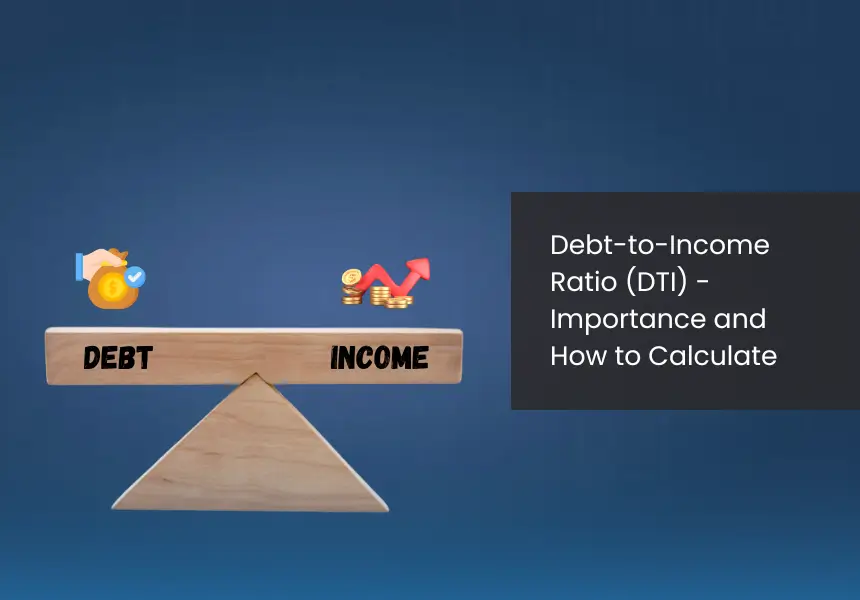
It is imperative to know that financial planning covers aspects like investment, expenditures, and savings. If done right, it could help you manage your finances flawlessly, save considerably, and let you enjoy a buffer amount that will serve you well in fiscal emergencies. For anyone to be a pro at money management, they must know the subject well.
The first rule of planning is to be systematic. Haphazard investments would not yield the desired result, and irresponsible spending could land you in a debt trap.
Why do financial planning .. yourself?
The first question that may come to your mind is why do I have to do it myself when financial consultants are available? Doesn’t the availability of a financial consultant add to the accuracy and eliminate the chances of a failed financial plan? The answer is very simple. No one can manage your money better than yourself. An expert can only advise you about the investment options and returns they may yield. But they cannot identify your needs or emergencies.
A financial expert can give you great investment advice that works well in a typical situation, but only you know your specific financial goals, wishes, spending habits, and priorities. So, it makes sense to hold the reins of your finances. The biggest advantage of doing your own financial planning is that you become responsible for your own money. You have a better understanding of which wants/desires you can fulfil and which you cannot, with the resources and the income available to you.
What steps should you follow for DIY financial planning?
Financial management is not rocket science. If you are new to this world, start by reading on topics related to financial planning. There are numerous blogs, articles, and videos available online that will help you understand the process.
Be willing to take a chance and let failures be your teacher. Take a leap of faith and start planning.
Step 1 : Ascertain your Present Financial Situation
It is crucial to understand your current financial status. Make a list of:
- All your investments, including fixed deposits, equity shares, mutual funds, public provident funds, retirement funds, liquid funds, and balance in savings account.
- All your debts that may include outstanding home loans, car loans, personal loans, credit card debts, or any other form of outstanding debt that you own.
- All your fixed expenses, such as rent, utility bills, EMIs, school fees, insurance, and fuel.
- Any variable or miscellaneous expenses, such as dining out, movie visits, trips, and other events.
Step 2 : Set Financial Goals
The first step of money management is to set goals and allocate resources. You need to set money aside for retirement, property buying, vehicle purchase, landmark events like weddings, children’s education, and emergency. Having precise figures in mind will help you breakdown your plan into manageable monthly contributions toward each goal.
Several tools are available online to help you execute these calculations, even factoring in inflation as per your goal tenure. For instance, if you input the value of your current monthly expenditure, it will give you the amount you would require after 20 years, considering the present inflation rate.
It is helpful to categorize your goals based on priority and tenure. Let’s say you want to purchase a car in 2 years; this can be your short-term goal. On the other hand, saving money for your child’s (assuming she/he is presently 5 years old) higher education would be a long-term goal.
Step 3 : Create A Budget
Most people save what is left after spending. But the smart ones save first and spend what is left after saving. With your financial goal all set, prepare a realistic monthly budget to manage a healthy inflow and outflow of funds each month. You will be confident about how much you can invest annually and what your year will look like.
You will have a clear idea of how much you can comfortably spend on travel, shopping, vehicle upgrade, and home improvement.
Step 4: Allocate Funds
Once your budget is ready, you know the amount at your disposal. Once you’ve set your goals, the next step is to allocate the funds.
Pay off your debts:
Before making provisions for the future, pay off existing debts. You can choose to consolidate multiple debts and pay them off with a single personal loan. Credit card dues can be cleared with credit card to personal loan balance transfer.
This will make debt management easier and cheaper because you now need to manage only one loan and will pay less interest.
Learn more in our Guide to Debt Consolidation
Emergency funds:
Maintain an emergency fund equivalent to 3 months’ net salary or 6 months’ expenses.
These funds will help you navigate difficult fiscal emergencies, such as sudden job changes, medical situations, or sudden travel plans.
Short-term goals:
Fixed deposits, liquid funds, and debt funds help you meet your short-term financial goals.
You can even avail personal loan or personal overdraft facility to meet these immediate needs and pay back as per your bandwidth.
Mid-term goals:
To fulfil your 5–10-year goals, invest in balanced funds or large-cap equity funds through a Systematic Investment Plan (SIP).
Long-term goals:
For your 8–10-year goals, you can invest in multi-cap or large-cap funds through a SIP.
Step 5: Review your portfolio regularly
Once your planning is executed, keep track of your portfolio, emergency funds, loan repayments, and medical insurance premiums. This will help you allocate funds to the necessary sources and stay out of debt.
Regular reviews of your investment portfolio will help you track its performance. With long-term investments, such as mutual funds, don’t be hasty and judge a fund based on its daily or even weekly movement. Give at least a couple of years to a fund to show progress. If it is not coming close to your goal, consider reallocation by switching or diverting funds to another investment option.
In Conclusion
Financial management can be challenging, but with determination and focus, you can very quickly learn the ropes. Mistakes will teach you a life-long lessons and make the process more fun and rewarding. You will learn to make excellent fiscal calls since you are only answerable to you.
Evolving with new-found lessons will make you flourish as a financial planner, and who knows? You may even be able to give your “financially wise” friends and relatives a tip or two!








